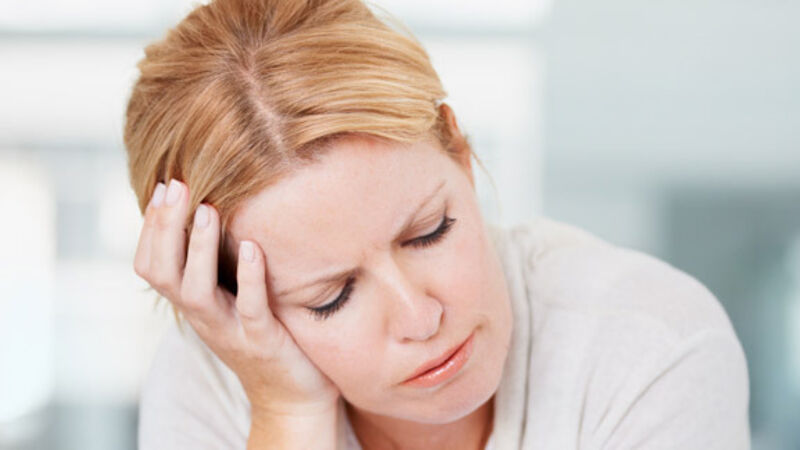Ageing: Finding hope in the age of high anxiety

AS we age there are many issues that can trigger anxiety but the trick is to recognise that we can actually help ourselves or seek support if needed.
While we are all individuals, there are common life-stage markers that arise in our final decades, that can raise our anxiety levels, such as allowing ourselves to become more isolated, or questioning our role as life changes, says Dublin-based consultant clinical psychologist Dr Claire Hayes.











